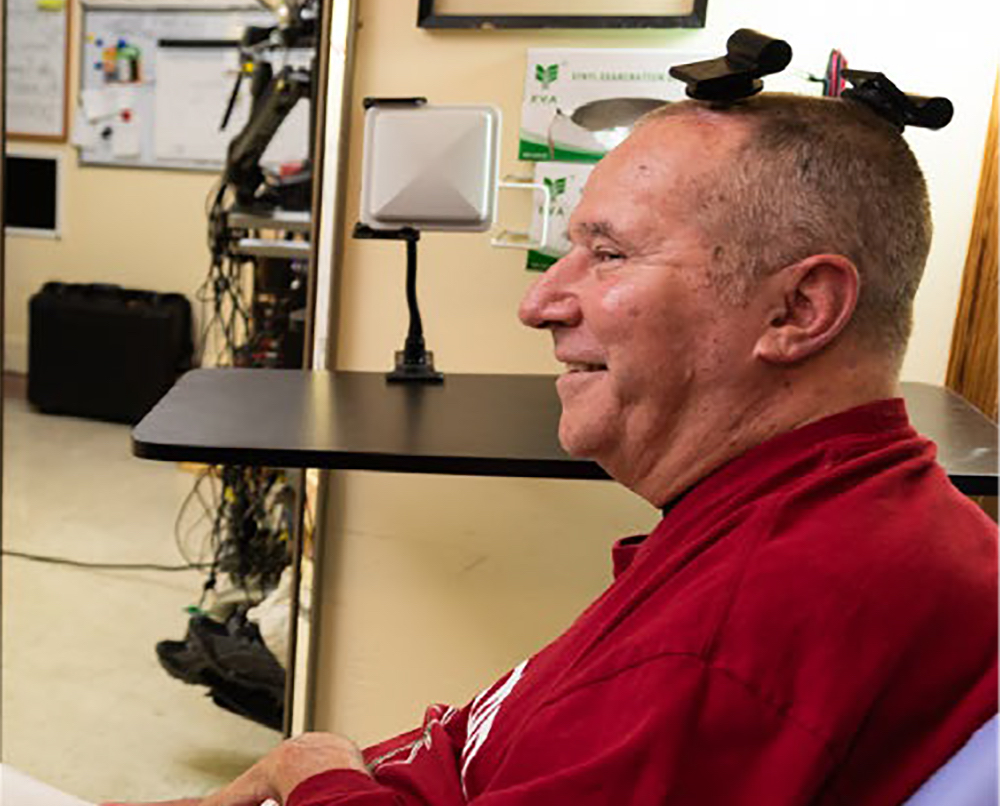We’ve known for some time that people can control computers with their brains. The trick was doing it without wires, something that BrainGate, a project being undertaken by Brown University, has just demonstrated.
Brain-computer interfaces (BCIs) are the next leap in computer use, with everyone from Elon Musk’s Neuralink to Mark Zuckerberg’s Facebook looking to get their foot in the door. But Brown’s experiment has just shown off the ability to control a computer with your mind without using all those lovely electrodes that we’ve all become used to.
Building BrainGate
The BCI system replaces wires with an implanted electrode array that connects to the user’s motor cortex — this is connected to a small transmitter, which is used to transmit “…brain signals at single-neuron resolution and in full broadband fidelity without physically tethering the user to a decoding system.”
Two of the study’s trial participants with tetraplegia were able to point, click and type on a tablet without making use of anything other than their brains. This marks the first time that a full-spectrum wireless system was used to achieve this effect.
The study’s lead author John Simeral said, “We’ve demonstrated that this wireless system is functionally equivalent to the wired systems that have been the gold standard in BCI performance for years. The signals are recorded and transmitted with appropriately similar fidelity, which means we can use the same decoding algorithms we used with wired equipment. The only difference is that people no longer need to be physically tethered to our equipment, which opens up new possibilities in terms of how the system can be used.”
BrainGate’s achievement is a step along the road to a final goal: the creation of a “…fully implantable intracortical system that aids in restoring independence for people who have lost the ability to move.” We’re certain it’ll become an elective surgical procedure at some point, too, but there are still a few more years of development ahead before that happens.
Source/Header image: Brown University
